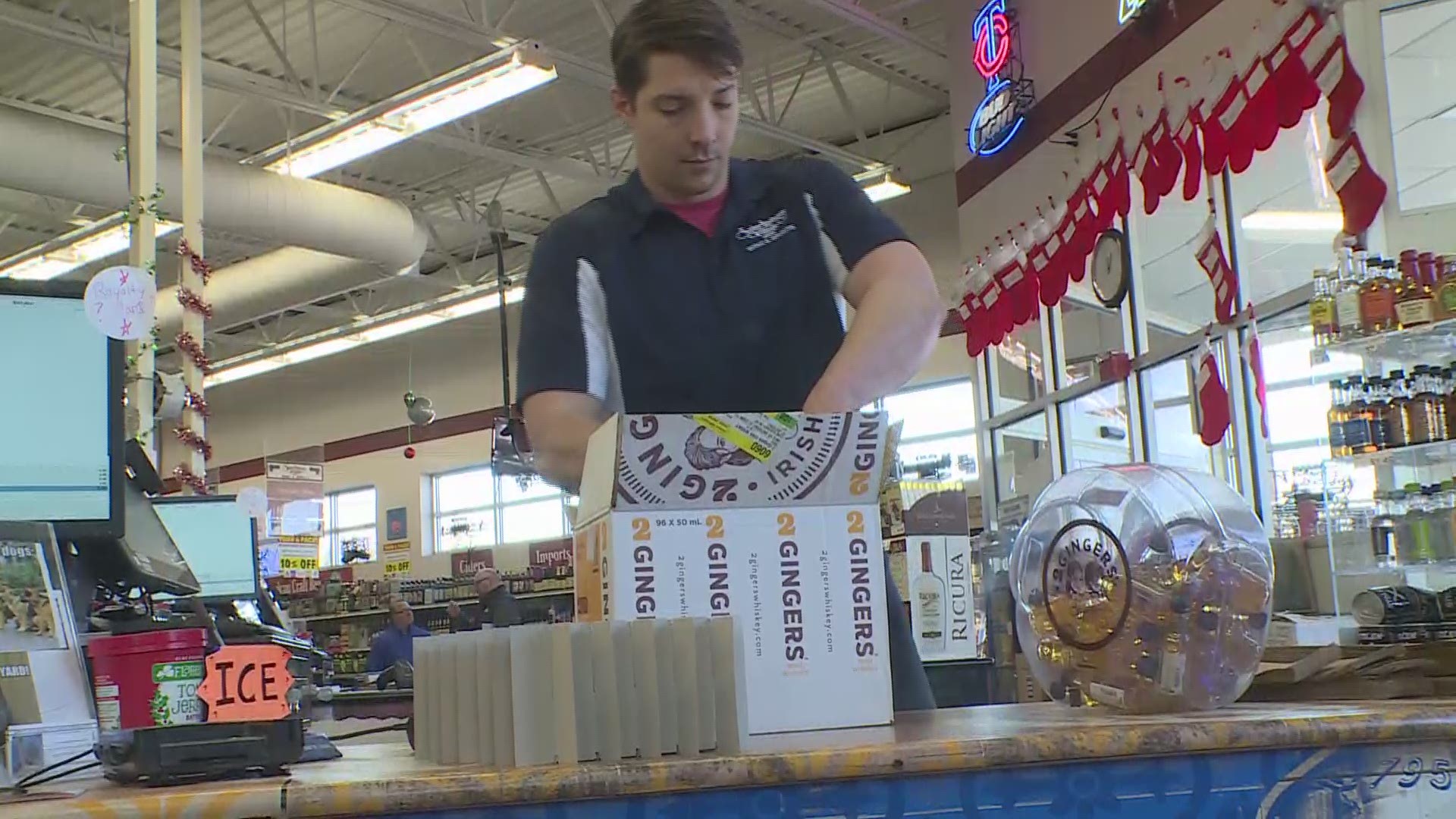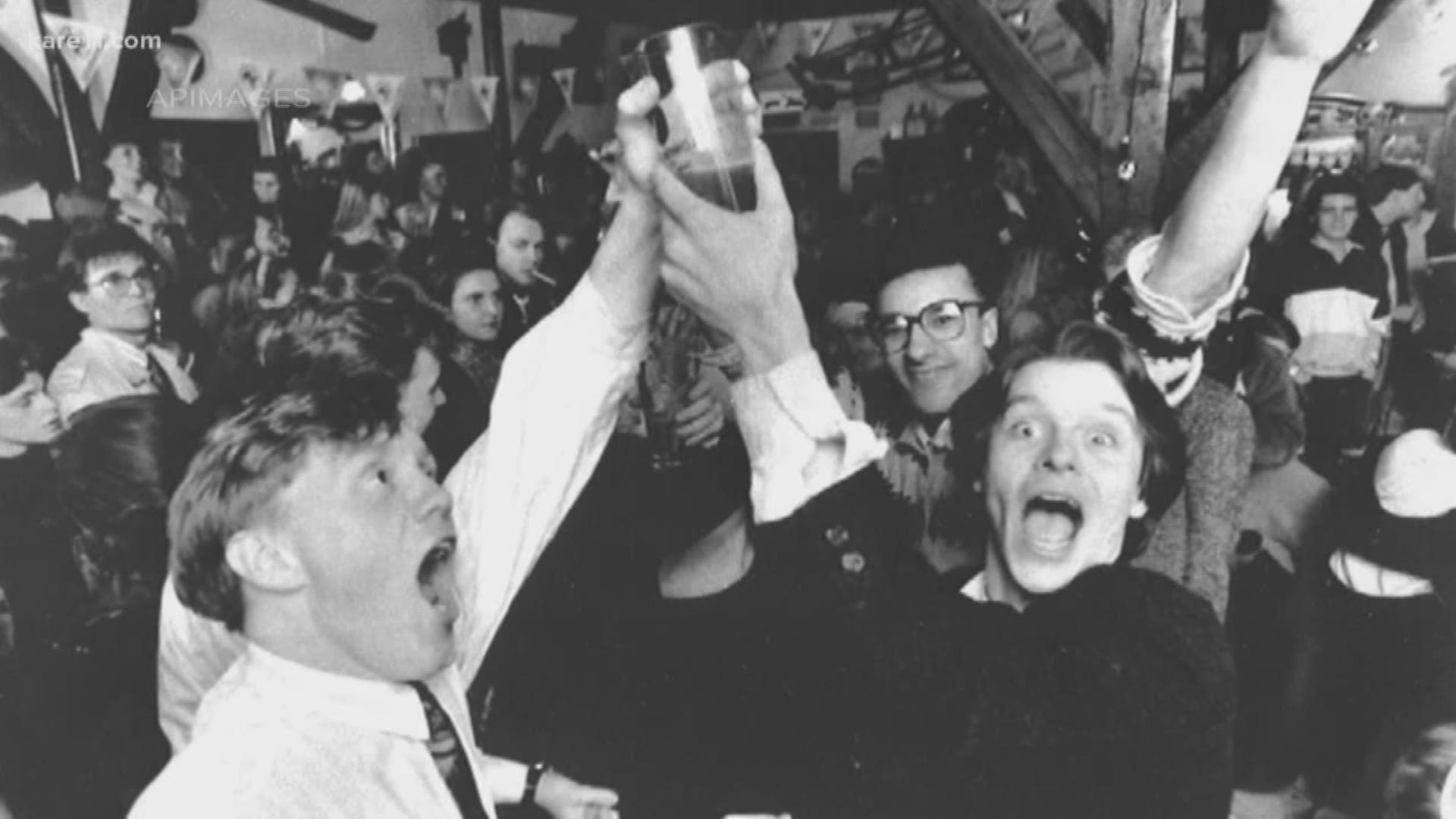MINNEAPOLIS — There's no better place to talk about the finances of municipal liquor stores than inside one. That's why Minnesota State Auditor Julie Blaha invited reporters to St. Anthony Village Wine and Spirits Wednesday.
Her annual report revealed the Minnesota's city-owned liquor stores set a new sales record for the 23rd consecutive year last, coming in a $360 million statewide. That 2018 mark was three percent higher than the previous year and figured into a rising profit trend.
"If a store's able to meet the pressures and serve whatever purpose that community really needs it for, they're staying in business," Blaha remarked.
"If they aren't, people are making different choices."
She said 190 cities across Minnesota operate a total of 223 off-sale and on-sale establishments. Most were in the black for the year, led by a store in Lakeville that did $15 million in business.
There were 38 cities that reported losses on their liquor operations in 2018, compared to 54 that were in the red in 2017. Cities that experience losses in two years during any three-year span are required to hold public hearings on whether to keep their liquor stores.
Profits have risen six percent over the past five years, at the same time the total number of municipal stores in the state have fallen.
"When you see is record profits, but also a decline in number of stores it shows that we have an accountability system -- very transparent financials, public hearings and reports," Blaha explained.
Saint Anthony Village uses profits from its two liquor stores to pay for city services that otherwise might have to be financed through local property taxes. Liquor operations manager, Mike Larson, said competition from big box chains has forced the city to focus on strengths such as customer service.
"Competition is good," Larson told reporters. "It sharpens your skills and makes you better when you have to figure out how to increase your business and profits."
He said Saint Anthony Village appreciates the State Auditor's annual report and the trends it detects.
"To those of us in the business that manage stores, we really use this as a benchmark to check the overall health of our operations and look for ways to be more profitable."
Mayor Jerome Faust said the reports done by Blaha's office are an important tool for cities, especially smaller ones.
"We don’t use it as a club or a crutch. We use it as a way in which to improve our business operations."


